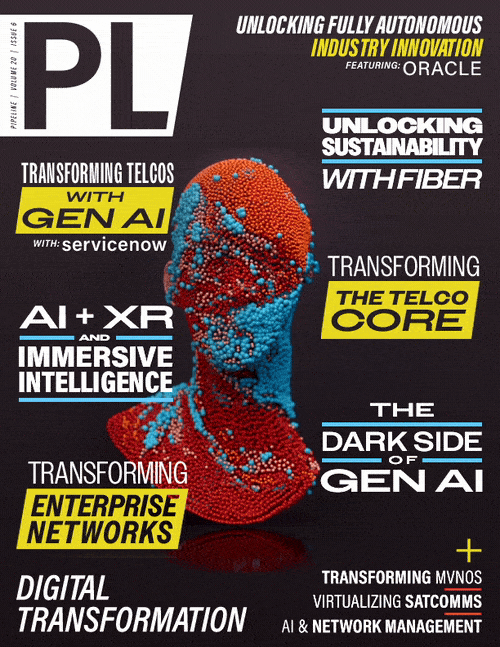Verizon To Buy Over $1 Billion in Fiber From CorningVerizon has committed to purchasing over one billion dollars worth of optical fiber from Corning -- over 12 million miles per year -- through 2020 to support the carrier's existing 4G LTE network and prepare for 5GU.S. telecom behemoth Verizon Communications Inc. entered into a three-year minimum purchase agreement with Corning Inc. to buy fiber optic cables and associated hardware for its nationwide wireless broadband network. Per the deal, Verizon will acquire up to 20 million kilometers (12.4 million miles) of optical fiber each year from 2018 through 2020 from Corning, with a minimum purchase commitment of $1.05 billion. Verizon has decided to install dark fiber based network throughout its footprint in order to support the existing 4G LTE network and more importantly to transition into the upcoming 5G wireless network. The company acquired dark fiber, for the first time, through its acquisition of MCI in 2006. Dark fiber provides abundant bandwidth which is of utmost necessity for the smooth functioning of super-fast wireless networks such as 4G and 5G. Dark fiber based backhaul provides scalability and efficiency to bandwidth management. This will eventually lead the company to significantly reduce its backhaul costs. In Feb 2017, Verizon acquired privately held XO Communications Inc.’s dark fiber optic network. This will significantly enhance the capacity of the services Verizon offers to its business and wholesale customers, giving it a foothold in the data center interconnection market. Additionally, it will bolster Verizon’s cell network density thereby boosting its mobile backhaul network. The densification of cell network will help the company install and build its upcoming 5G network. Adoption of small cells has increased due to the inconvenience of installing large towers in inaccessible areas. Verizon stated that small cells will be used to augment its existing 4G LTE and upcoming 5G network and will primarily concentrate on high traffic locations like a business district or a shopping mall. The company expects these to increase its voice capacity and data speeds and to complement its current 4G LTE infrastructure. The networks will require fiber-optic connections to local hubs, which link to "long haul" Internet infrastructure. The densification of cell network will significantly help the company to install and build its upcoming 5G network. Verizon’s competitors, such as, AT&T Inc., Sprint Corp. and CenturyLink Inc. are also strengthening their dark fiber network for small cell wireless backhaul. Source: Zack's Equity Research | |

















